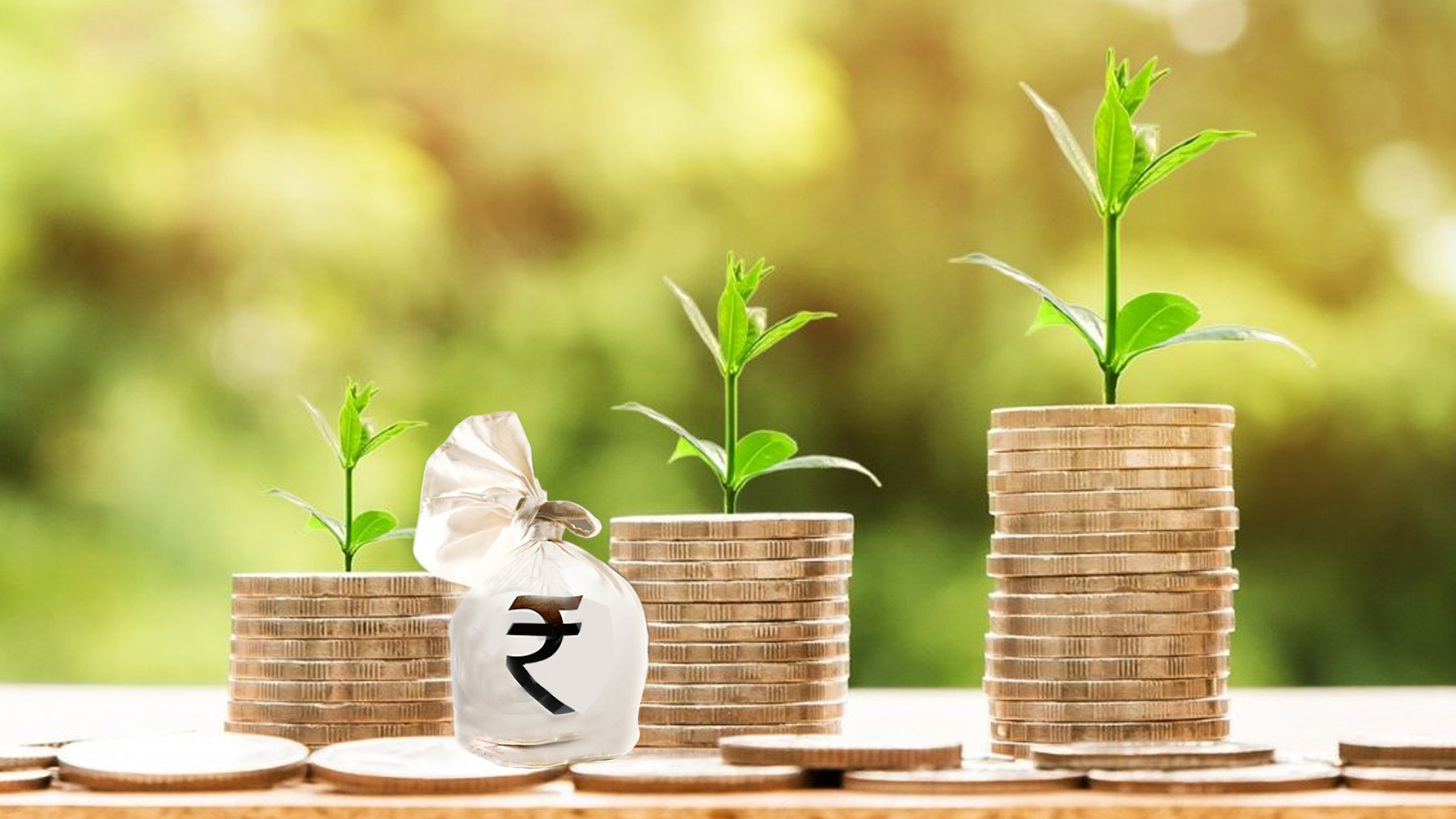
Image Credits: ABC WORLD MEDIA
GST Tax Hike In The Spotlight
Writer: Riya Kumari
A simple girl truly without filters trying to reach out to society to contribute something meaningful in whatever little way possible! In the era of social media, I’m here to deliver the content which remains out of the sight of the audience, a good communicator to voice out your stories, truly unfiltered!
India, 22 Aug 2022 6:27 AM GMT
Editor : Ankur Kumar Jha |
Ankur who specialises in branded associations is otherwise an introvert whose heart lives in the Himalayas. He often geeks out on the latest advertising trends and strives to draw the best synergy with leading Indian brands on their journey towards socially conscious digital marketing campaigns.
Creatives : Riya Kumari
A simple girl truly without filters trying to reach out to society to contribute something meaningful in whatever little way possible! In the era of social media, I’m here to deliver the content which remains out of the sight of the audience, a good communicator to voice out your stories, truly unfiltered!
In an era where experts are advocating for clear guidelines and regulations for businesses, a complex application of an unpopular tax hike would do more damage to the country's economy than is necessary.
Discussions continue to surround the nature of the GST tax hike, with several analysts highlighting how the proposals pose a danger to the significant financial upsides of an untapped industry and increase the risks posed to members of the public.
Experts also argue that there continues to be confusion about how the policy will be implemented. The proposals also attempt to differentiate between taxinggambling and non-gambling-related activities. Currently, the 18% GST rate is levied on casinos, horse racing, and online games where no betting is involved and there is a 28% rate for online games involving betting or gambling.
The Group of Ministers (GoM) are investigating whether it is possible to out the peak 28% tax only on the actual betting component for casinos and not the total income that may include takings at the bar and restaurants.
A final recommendation is expected before the GST Council and the observation Council's law committee on August 10.
Is making India's taxing system more complex for legitimate business a wise move in such an uncertain economic landscape? What are the merits of scrapping the tax hike proposals altogether? Why should India consider more progressive taxation on gambling companies?
New Tax Proposal Would Pose An Auditing Nightmare
The idea that land-based casinos could adequately monitor and regulate all takings from gambling and food and drink separately is fanciful. It would likely require an entire restructuring of the business.
Suppose the government were to apply the same rules to the online Indian betting sphere. In that case, it may prove impossible for online businesses that offer horse racing and online casino games to distinguish between the takings.
In an era where experts are advocating for clear guidelines and regulations for businesses, a complex application of an unpopular tax hike would do more damage to the country's economy than is necessary.
Why Should Tax Hike Proposals Be Scrapped?
The proposals are proving immensely unpopular among business leaders in India and worldwide. The main sticking point is applying a 28% GST rate on players engaging in online gaming activities on top of the 18% rate currently covered by the company providing the service.
Sameer Barde, the CEO of E-Gaming Federation, believed the move would decimate a promising industry. He said: "Such a step (increase in tax rate on a higher base) is not only in dissonance with international best practices but is also violative of the principles of GST. Essentially, the online skill gaming operators are platforms which bring players from various geographies together. The money pooled is eventually distributed to the winning player. The platform charges a predetermined fee, known as GGR, and pays tax on that. If you were to charge an increased tax rate on the entire quantum (pooled money plus commission), it is not only principally incorrect but will also annihilate this sunrise sector."
The move by the government is said to keep Indian players safe from the dangers of gambling addiction, but many experts believe a certain naivety is at play that could prove more dangerous to players.
By upping the taxes on players, you will inevitably force swathes of them away from the bestbetting sites in India back into the arms of illegal bookmakers in India, exposing them to dangerous individuals, implicating them in money-washing processes, and eradicating all safeguarding measures.
What Are The Benefits Of Progressive Taxation and Industry Regulation?
A global best-practice approach of laying the tax-paying responsibilities at the feet of online gaming and IPLbetting companies rather than the player would have numerous benefits for the broader Indian economy over time.
A paper by ENV Media, titled Off Shore Gambling Licenses and Regulated Markets, believes industry regulation and legalization are the only way forward for the country to realize the sector's vast amounts of potential.
They write: " In a nation with widespread illegal betting and gambling (reportedly worth well over $100bn annually), criminal activity has had the chance to flourish and continues to engage public resources and law-enforcement efforts. Emerging markets (India in particular but not only) will benefit from creating their own Central regulatory framework, a Gambling oversight body, and a Consumer Data protection regulation. The public interest has much to gain from taxes, consumer protection, and job creation. Sector transparency will stimulate stable investor interest. The ability to eliminate undesirable effects is enhanced by supervisory agencies, monitoring tools, and information campaign." In an era where experts are advocating for clear guidelines and regulations for businesses, a complex application of an unpopular tax hike would do more damage to the country's economy than is necessary.
 All section
All section














